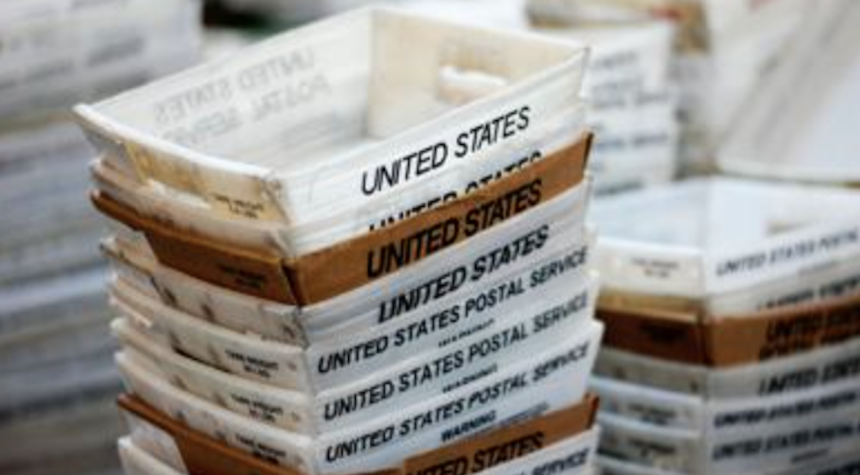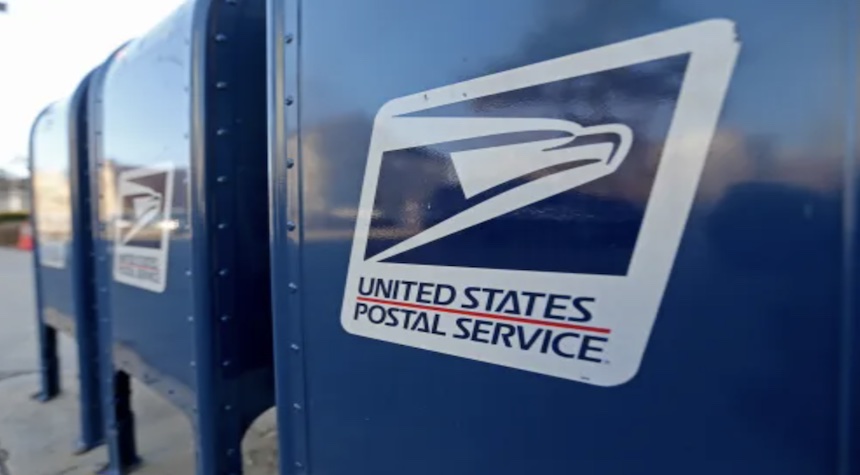The United Nations postal agency, the Universal Postal Union, has reported a significant plunge in postal traffic into the United States, noting a drop of over 80%. This drop follows the Trump administration’s decision to end a tariff exemption for low-cost imports.
The U.S. has annulled this exemption, which had previously allowed parcels valued at $800 or less to bypass customs charges. This move has caused 88 postal operators to suspend some or all postal services to the U.S. as they await a resolution regarding U.S.-bound parcels that fall under this value.
The UPU noted that the new rules implemented on Aug. 29, 2025, have brought postal traffic to the U.S. to a near-standstill. These rules place the burden of customs duty collection and remittance on transportation carriers or U.S. Customs and Border Protection agency-approved qualified parties. This move has caused significant operational disruptions, as airlines and other carriers have indicated their unwillingness or inability to collect these duties.
Also Read: WHO Declares Mpox No Longer a Global Health Emergency
Furthermore, the UPU states that the information exchanged between postal operators in its electronic network showed that traffic from its 192 member countries had fallen 81% on Aug. 29, compared to a week earlier. This raises important questions about the long-term impact of the U.S. decision on postal operators worldwide.

Before the measure took effect, the postal union expressed its concerns to U.S. Secretary of State Marco Rubio. The administration, however, stands by its decision, stating that the exemption has been exploited by foreign businesses to evade tariffs and by criminals to smuggle drugs into the U.S.
This development follows earlier reports that purchases which previously entered the U.S. without clearing customs now require vetting and are subject to tariffs ranging from 10% to 50%. This applies to the products of every country, although U.S. residents will not have to pay duties on incoming gifts valued up to $100, or on personal souvenirs from trips abroad worth up to $200.
In conclusion, the UPU contends that it and its members were not given adequate time or guidance to comply with the procedures outlined in the executive order signed by U.S. President Donald Trump on July 30, which eliminated the duty-free eligibility of low-value goods.

